Electric vehicles outsell ICE cars in Norway, forecasting a combustion engine decline
Teslarati
AUGUST 3, 2021
Cars running on petrol and diesel engines made up 4.3% (451 vehicles) and 4.1% (430 vehicles) of new passenger car sales in Norway last month. Nettavisen calculated that nearly 16 electric vehicles were sold in Norway for every diesel car sold in July. Zero-emission car sales include hybrids and electric vehicles. Credit: OFV).

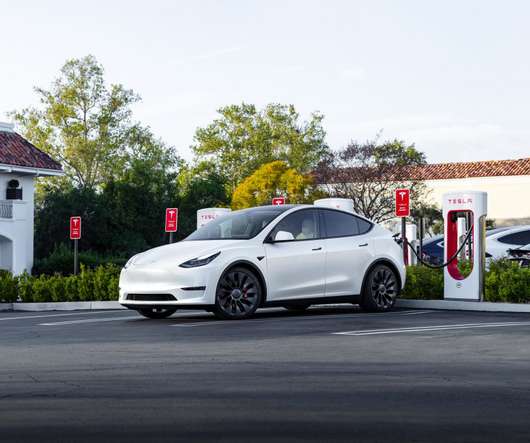


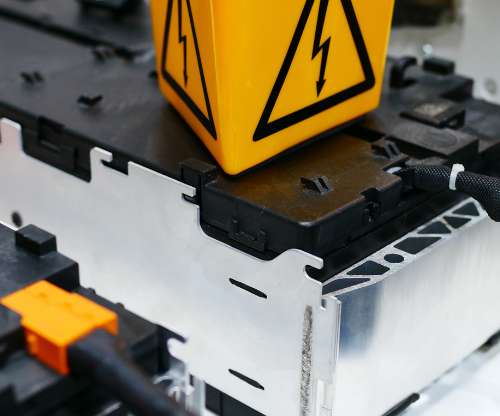
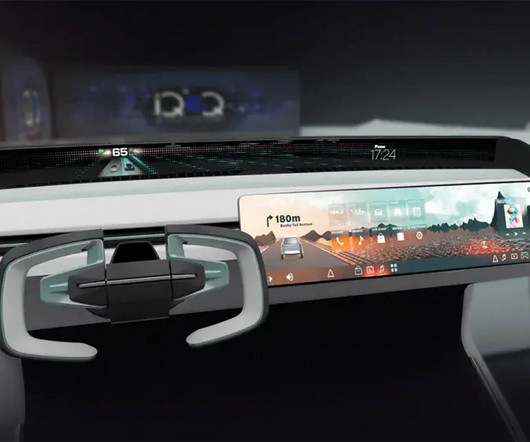

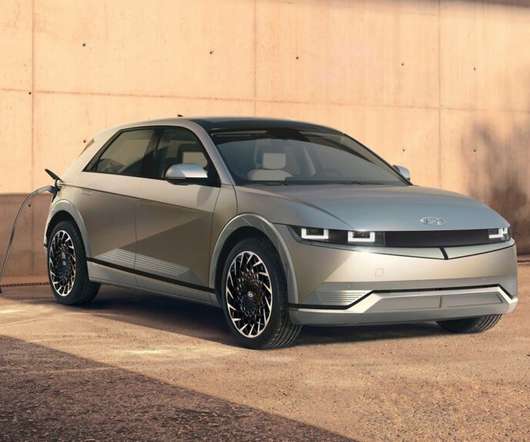
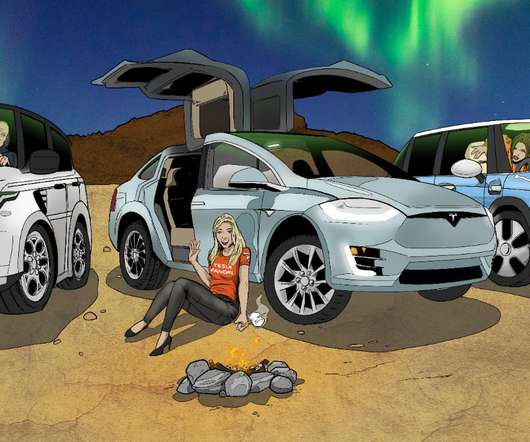
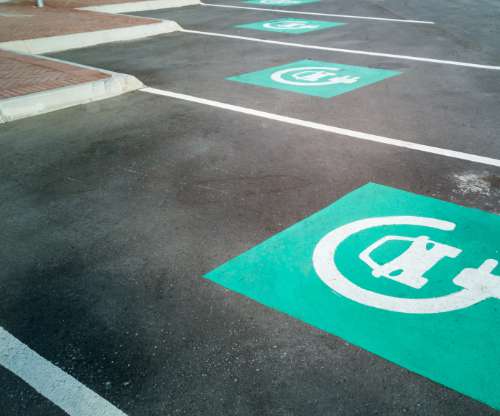

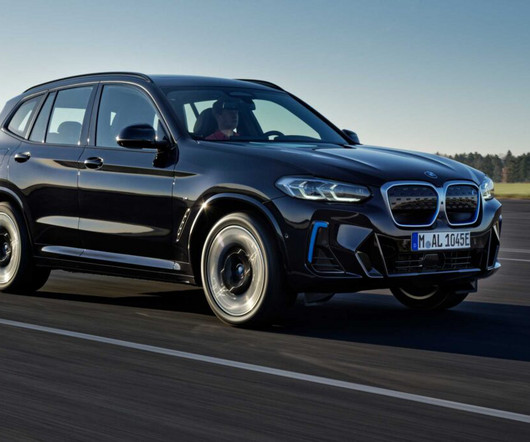

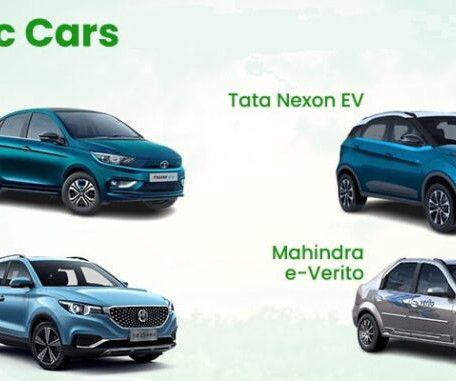
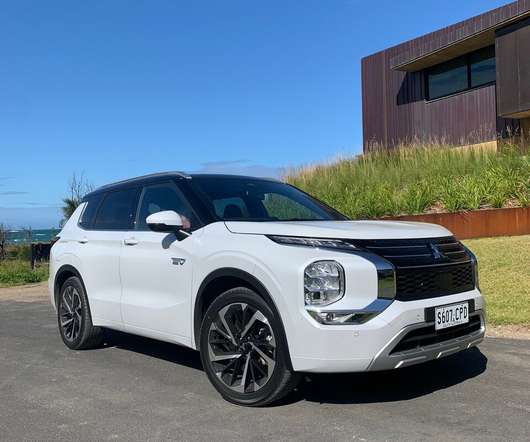
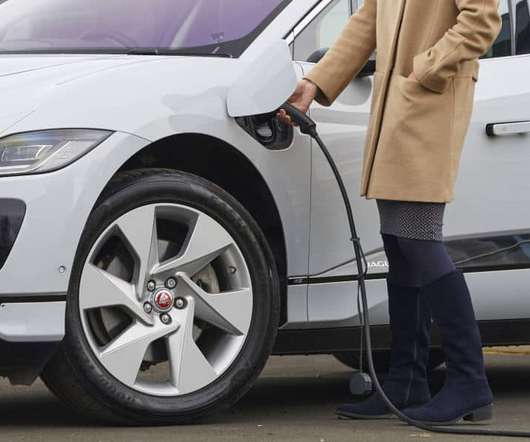
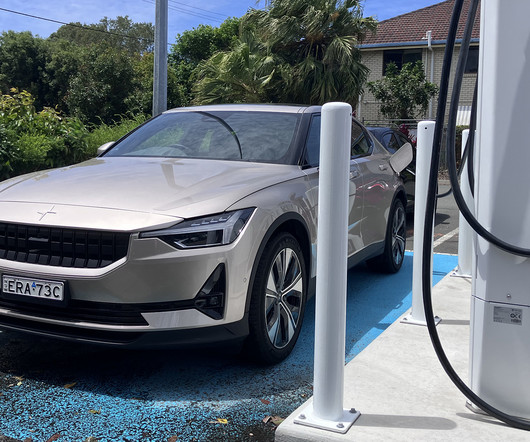
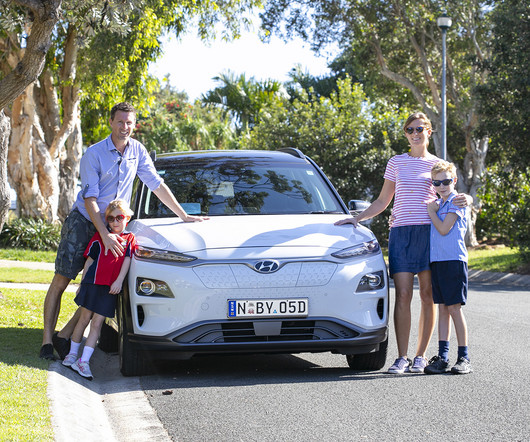






Let's personalize your content